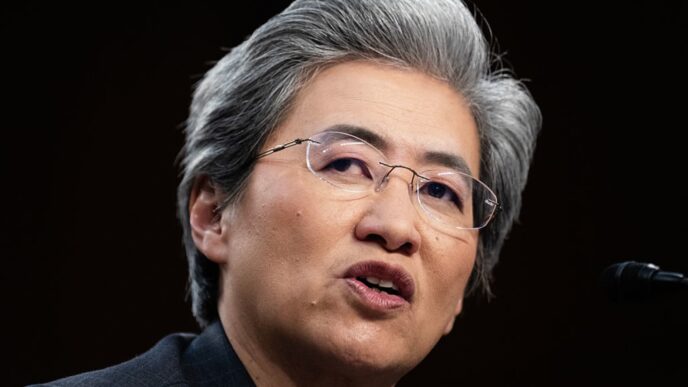The White House issued a new executive order on April 23, 2025, making AI literacy a top U.S. priority. The order, titled Advancing Artificial Intelligence Education for American Youth, calls for boosting AI skills nationwide.
The goal is clear: Americans must learn to understand, use, and critically evaluate AI tech across daily life and work. AI literacy isn’t just coding or prompt writing. It covers technical, social, and ethical skills needed to navigate AI-driven systems in government, healthcare, finance, and more.
Who needs it? Everyone. Students, workers, employers, parents, and citizens all face growing AI impacts. The challenge: how to teach it effectively. Quick training sessions or full K-12 curricula? Researchers say the approach matters but data is limited.
Measuring AI literacy remains tough. Most tests rely on self-reporting confidence in using AI. New research favors objective multiple-choice assessments, proven consistent across the U.S., U.K., and Germany, but more work is needed.
Global peers are already racing ahead. Finland’s Elements of AI courses launched in 2018. Estonia teams with Anthropic and OpenAI to bring AI to thousands of schools. China mandates eight hours of AI lessons yearly, starting in elementary school.
U.S. universities like Purdue and the University of Pennsylvania have rolled out new AI master’s degrees targeting future leaders. But uneven access and unclear teaching methods are big hurdles.
Experts push for broad, balanced curricula covering social and ethical angles. They call for reliable testing, educator training, and investments in under-resourced communities.
Here’s a key piece from the paper’s authors on why this matters now:
"It is ‘the policy of the United States to promote AI literacy and proficiency among Americans.’
We believe it’s important to approach AI literacy carefully, avoiding hype or an overly technical focus.
The right approach can prepare students to become ‘active and responsible participants in the workforce of the future’ and empower Americans to ‘thrive in an increasingly digital society.’"
Researchers and policymakers argue AI literacy is critical—not just to prepare workers but to empower everyone to shape how AI influences society.
The Conversation is hosting a free webinar on practical AI use on June 24, 2pm ET. Register here.














